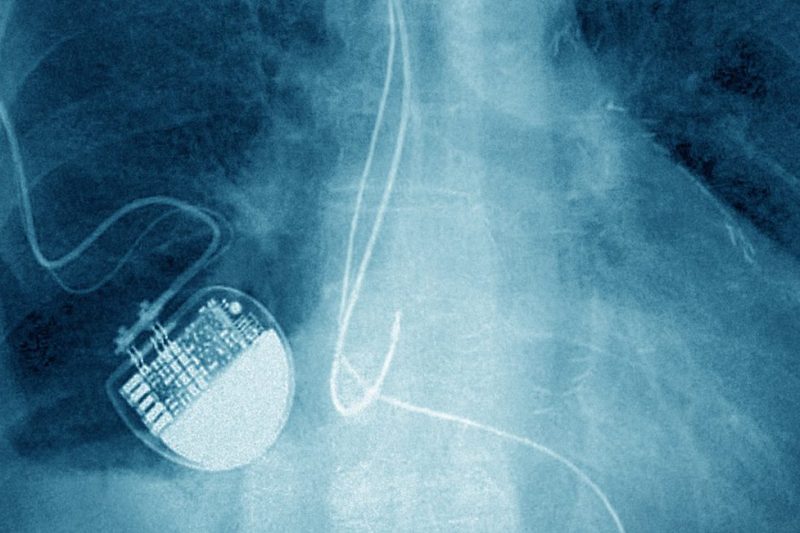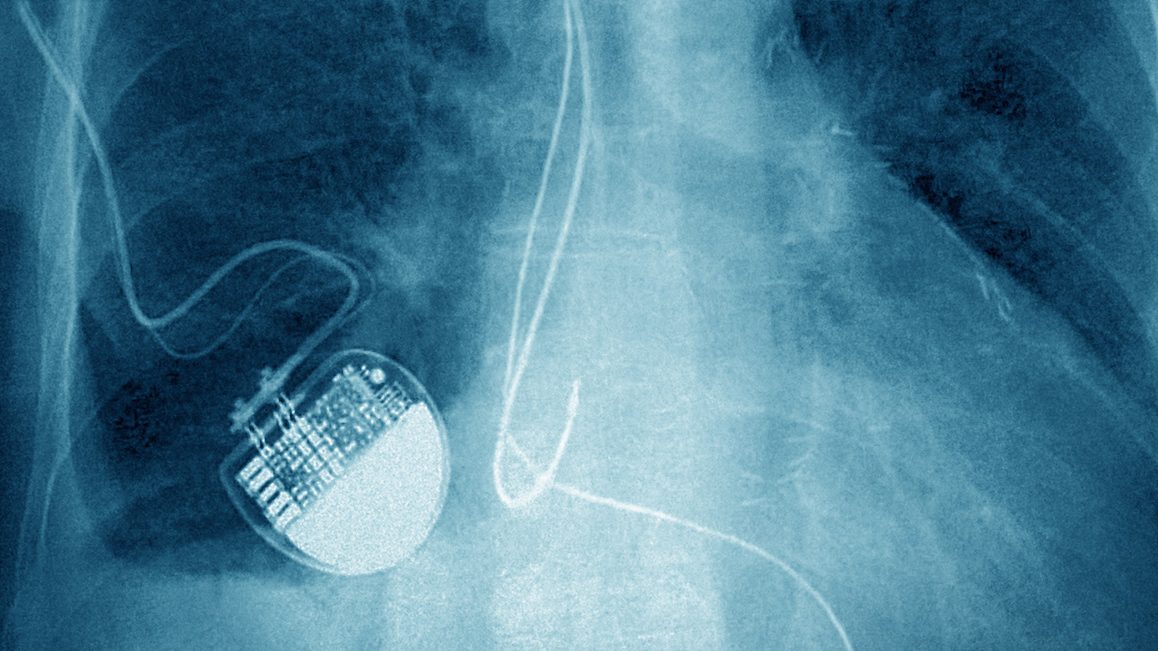
We here at RealClearLife have done many stories on the dangers of hacking, which can affect everything from phones to elections. Here comes the most disturbing target of all: our bodies. Yes, someone may try to hack your pacemaker. Happily, the US Food and Drug Administration is attempting to prevent this from occurring, with guidelines for the safety of the devices. Unhappily, there’s not a whole lot that you the individual can currently do.
The security of a pacemaker is understandably dependent on its manufacturer. Quite simply, the FDA is putting the pressure on them to find and correct any defects that may be exploitable by hackers. However, the manufacturers get some time before they have to spring into action. After “learning of the vulnerability” of a device, they are obligated to share this news with customers, identify “interim compensating controls,” and develop “a remediation plan to bring the residual risk to an acceptable level.” However, they have up to 30 days to accomplish this. (The FDA does recommend doing it as “soon as possible.”)
Likewise, there are up to 60 days to fix the “vulnerability” and distribute the “deployable fix to its customers and user community such that the residual risk is brought down to an acceptable level.” Sadly, this timetable is unlikely to be accelerated until there’s a tragic incident where someone who was lucky enough to survive heart failure is struck down by hackers.
To read more about securing one’s heart, click here. Below, watch a short CNN report on this issue. It’s a reminder this problem has been with us for some time, as it comes from way back in 2013. (If nothing else, it’s a chance to reminisce about a classic scene from Homeland.)
—RealClearLife Staff
Whether you’re looking to get into shape, or just get out of a funk, The Charge has got you covered. Sign up for our new wellness newsletter today.






















